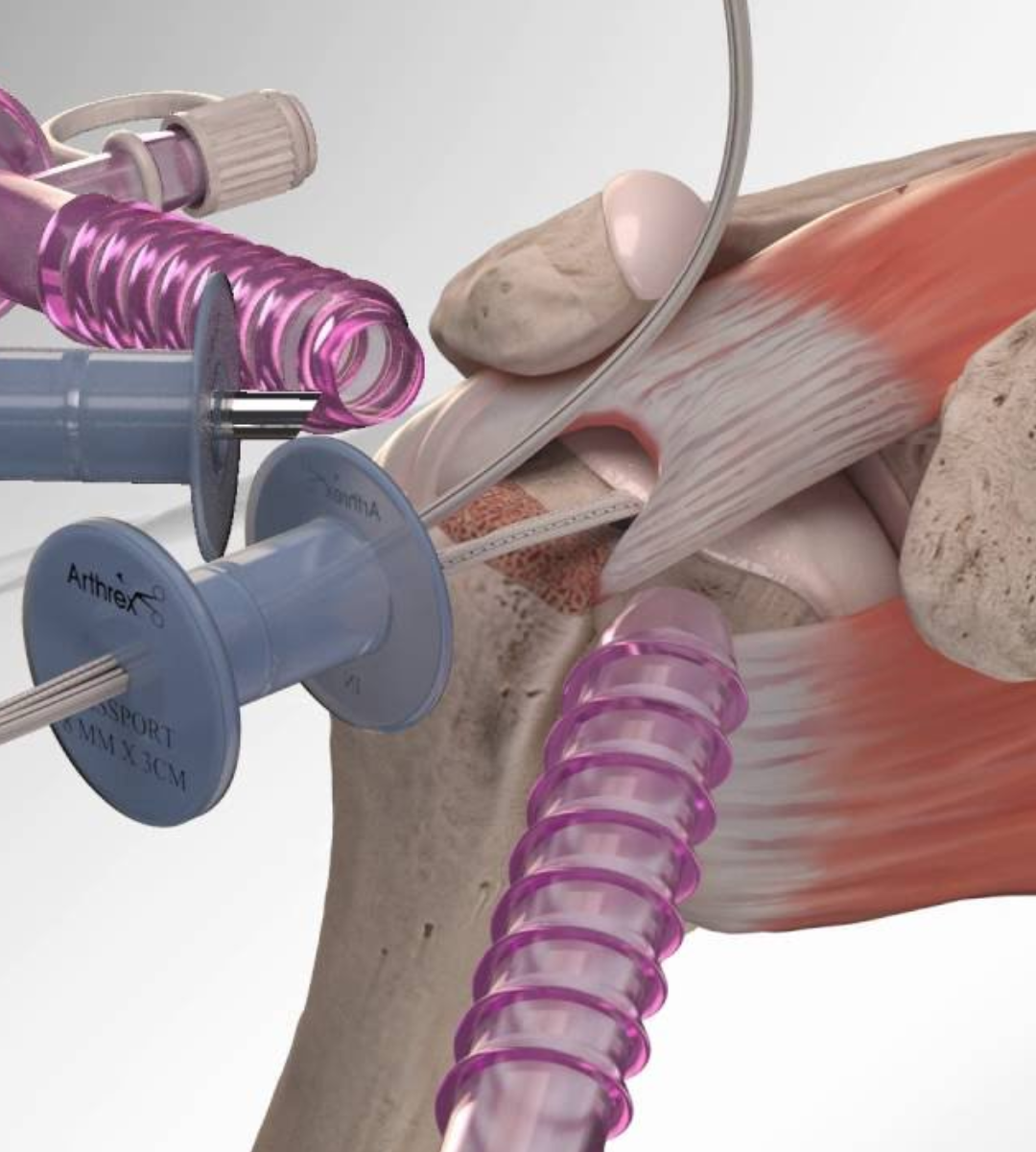
Rotator Cuff Repair
The rotator cuff is made up of muscles and tendons that hold the shoulder in place. It’s one of the most important parts of the shoulder. It allows you to lift your arm and reach up. An injury to the rotator cuff, such as a tear, may happen suddenly when falling on an outstretched hand or develop over time due to repetitive activities. Rotator cuff degeneration and tears may also be caused by aging.
If your rotator cuff is injured, it may need surgery to repair it. This may include shaving off bone spurs that are pinching the shoulder or repairing torn tendons or muscles in the shoulder. This usually involves reattaching the tendon to the head of the humerus. Surgical techniques that may be used to repair a tear of the rotator cuff include arthroscopy, open surgery, or a combination of both. The goal of Rotator Cuff Surgery is to help restore the function and flexibility of the shoulder and to relieve the pain that can’t be controlled by other treatments.
Know More
About Rotator Cuff Repair
-
 Symptoms
Symptoms
-
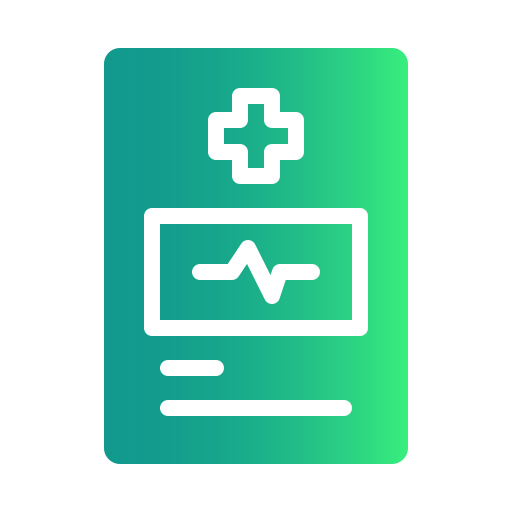 Diagnosis
Diagnosis
-
 How We Perform
How We Perform
-
 Why Is Treatment Needed?
Why Is Treatment Needed?
-
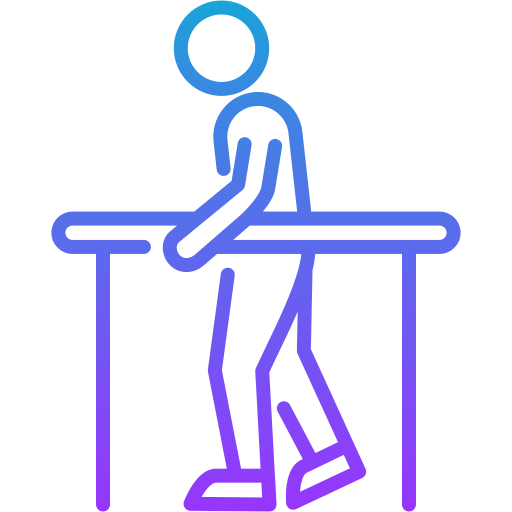 Recovery
Recovery
-
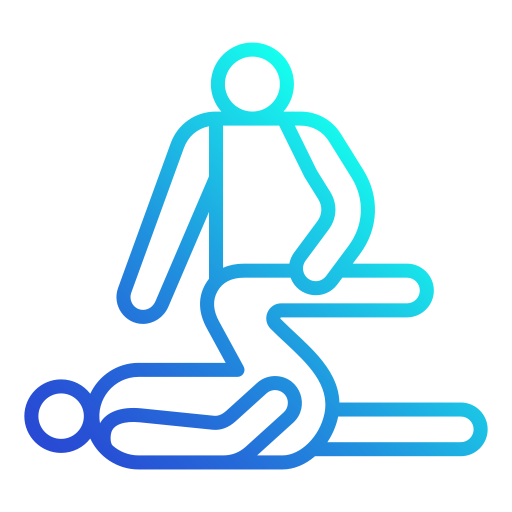 Rehabilitation
Rehabilitation
-
 Prevention
Prevention
Shoulder injuries are common. Athletes and construction workers often have rotator cuff injuries from repetitive movement and overuse of the shoulder. The rotator cuff may be damaged from a fall or other injury to the shoulder.
Symptoms of a rotator cuff injury include:
- Pain in the shoulder, especially when lifting, lowering, or rotating your arm
- Pain that worsens at night or when resting your arm
- A dull ache in the shoulder
- Weakness in the shoulder
- A popping, clicking, or crackling sensation when moving your arm
- Limited ability to move your arm
- Pain that prevents you from sleeping on your injured side
- Feeling like you’re being stabbed with a knife
During the physical exam, health care providers will press on different parts of the affected shoulder and move your arm into different positions. They’ll also test the strength of the muscles around your shoulder and in your arms.
Imaging tests may include:
- X-rays: Although a rotator cuff tear won’t show up on an X-ray, this test can visualize bone spurs or other potential causes for your pain — such as arthritis.
- Ultrasound: This type of test uses sound waves to produce images of structures within your body, particularly soft tissues such as muscles and tendons. It allows a provider to assess the structures of your shoulder during movement. It also allows a quick comparison between the affected shoulder and the healthy shoulder.
- Magnetic resonance imaging (MRI): This technology uses radio waves and a strong magnet. The images obtained display all structures of the shoulder in great detail.
Rotator cuff repair surgery is a procedure that involves reattaching the rotator cuff tendons to the upper arm bone, or humerus. The procedure can be performed using an arthroscope or with an open incision:
- Arthroscopic repair
A small camera called an arthroscope is inserted through a small incision in the shoulder joint. The surgeon uses the camera’s images to guide other instruments through additional small incisions to repair the torn tendon. This is the least invasive method and is usually performed as an outpatient procedure.
- Open repairA larger incision is made to repair the torn tendon. This approach may be used if the tear is too large or if arthroscopy is not an option.
Rotator cuff repair surgery is a treatment for rotator cuff injuries that aims to restore shoulder function, flexibility, and relieve pain. Surgery may be recommended if:
- You have persistent pain or weakness in your shoulder that doesn’t improve with other treatments
- You have a large tear (more than 3 cm)
- You have symptoms that have lasted 6 to 12 months
- You are very active and use your arms for overhead work or sports
- You have a recent, acute injury
- You have failed conservative treatment, such as physical therapy, for two months
Rotator cuff repair recovery time varies depending on the size of the tear and can take several months:
Rehabilitation focuses on restoring shoulder function through physical therapy. This includes range of motion exercises, strength training, and pain management. The goal is to regain strength, flexibility, and stability in the shoulder. Functional activities are gradually reintroduced to help you return to daily tasks and activities with improved shoulder health.
Key Points:
- Tailored exercises to regain strength and mobility.
- Specific movements to improve shoulder flexibility.
- Exercises to rebuild shoulder strength and stability.
- Techniques and medications to manage post-rehabilitation discomfort.
- Gradual reintroduction to daily tasks and activities.
WHY US?
Why Choose Dr. Apoorv Dua
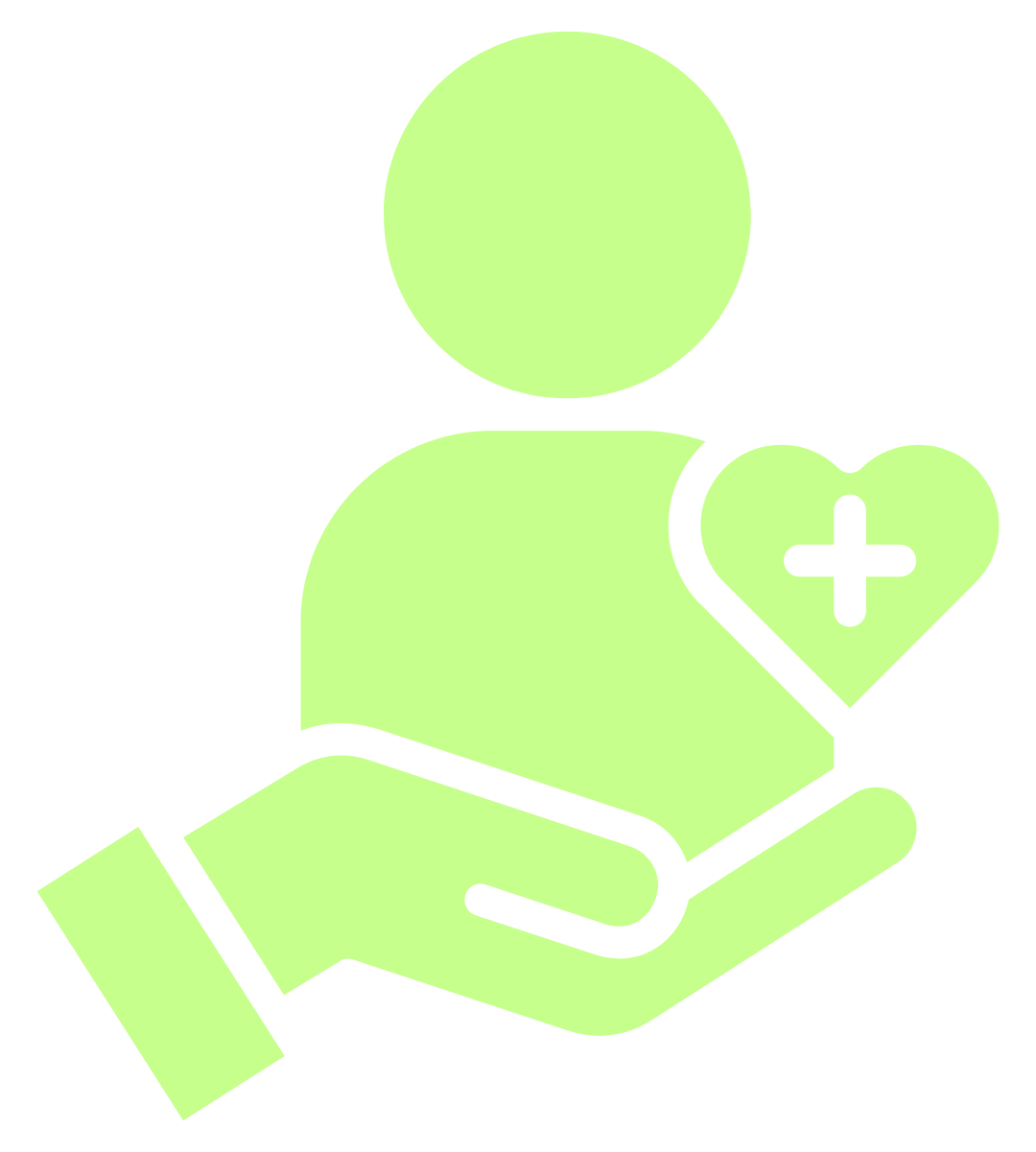
50,000+
Patients Experience
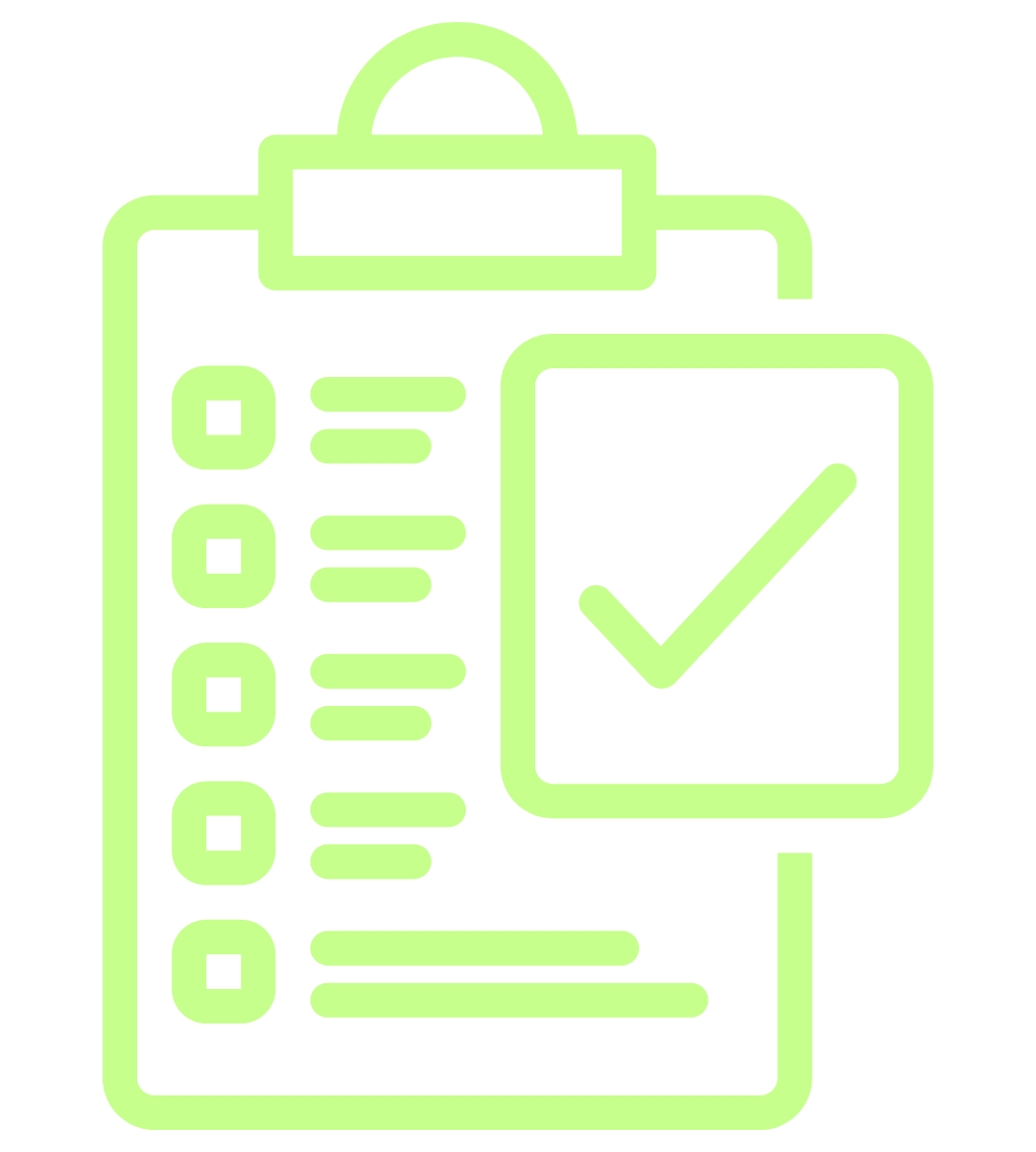
25,000+
Procedures
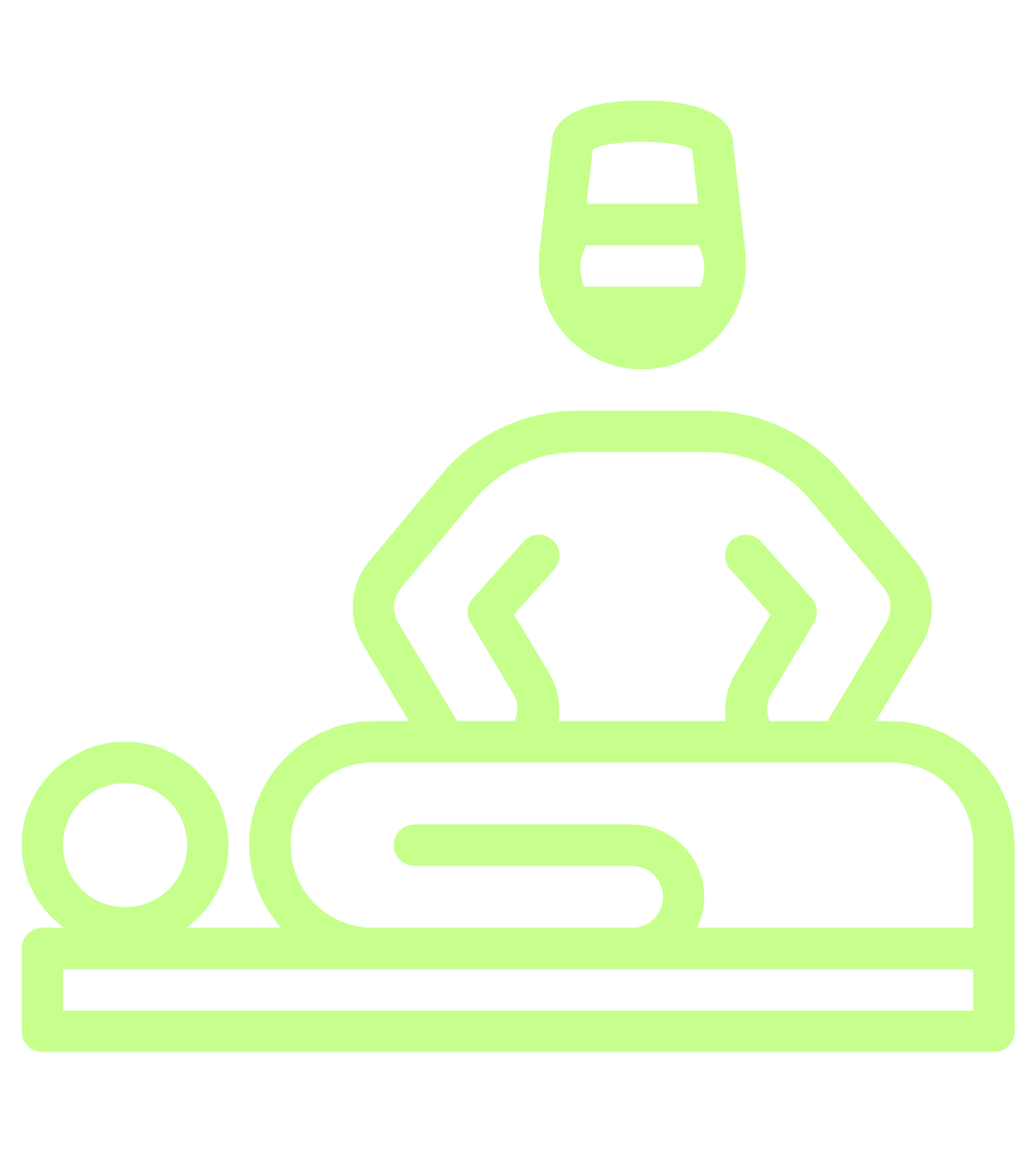
1000+
Trauma surgeries
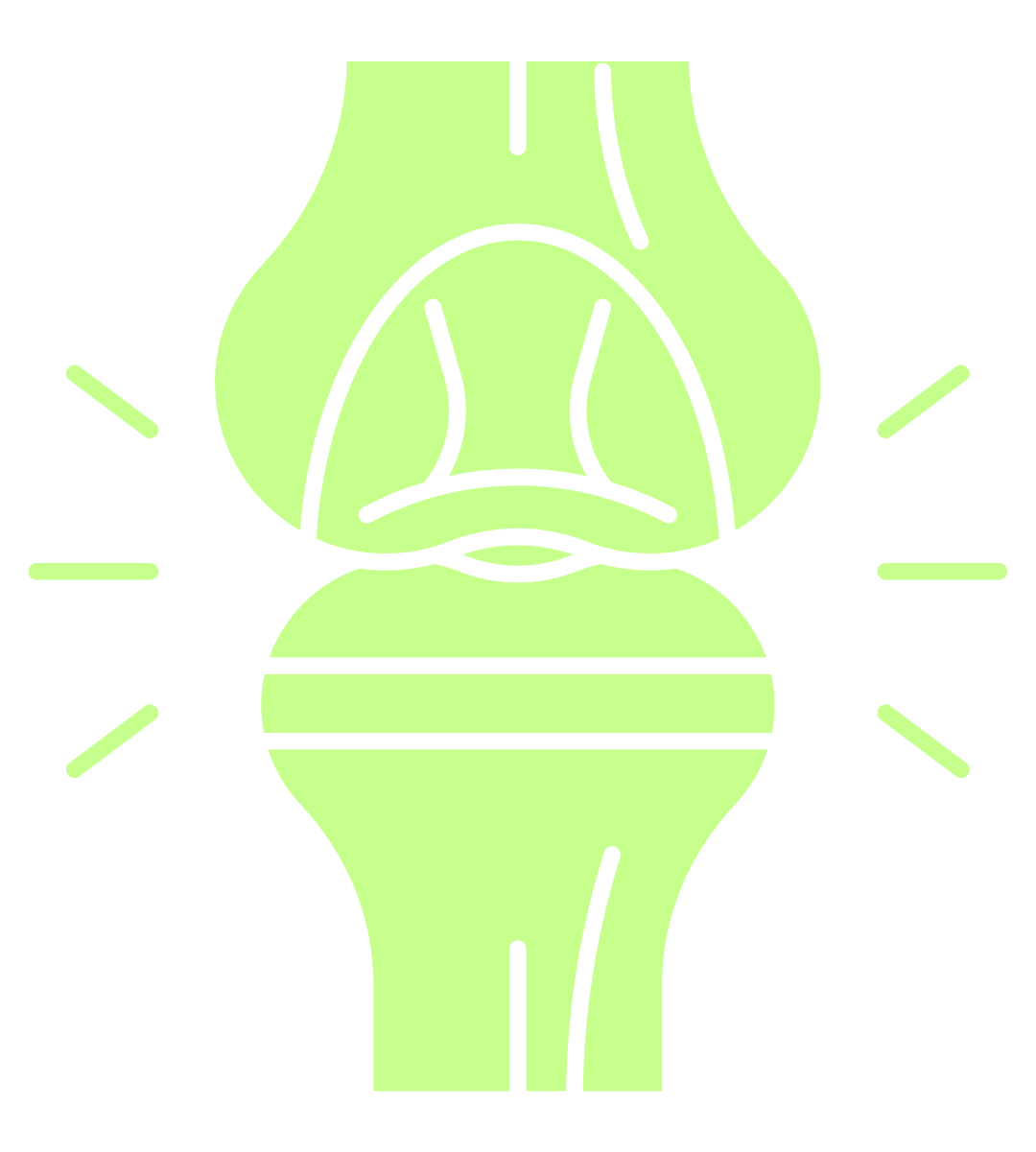
5000
Joint Replacement Surgeries
Check Surgery Cost
We believe in transparency. You can enquire about the Surgery Cost and we will help you with complete detailed treatment process till your recovery.
Frequently Asked Questions About Shoulder Replacement
The rotator cuff is a group of four muscles that come together as tendons to form a “cuff,” or cover, over the head of the humerus (upper arm bone).
The four muscles — supraspinatus, infraspinatus, subscapularis and teres minor — originate from the scapula (shoulder blade). The rotator cuff tendons attach to the head of the humerus in bony spots referred to as the greater and lesser tuberosities.
The rotator cuff helps to lift and rotate the arm and to stabilize the ball of the shoulder within the joint.
During surgery, the torn tendons are reattached to the humerus with sutures. This can be done arthroscopically or through an open procedure.
You’ll need to wear a sling or other device to prevent your arm from moving for several weeks. You should also rest, get enough sleep, and try to walk each day.
Recovery is based on many factors, including the size of the tear, tissue quality, and your individual progress. It can take at least 6 months to feel good enough to return to pre-injury activities, and up to a year for full recovery.
Pain is the most common symptom, usually over the front and outer portion of the shoulder. Other symptoms include a dull pain, a tearing sensation, muscle weakness, and pain at night.
The majority of rotator cuff tears can be treated nonsurgically using one or more of these treatments:
- Anti-inflammatory medications
- Steroid (cortisone) injections
- Physical therapy
The goals of treatment are to relieve pain and restore strength to the involved shoulder.
Even though most tears cannot heal on their own, you can often achieve good function without surgery.
If, however, you are active or use your arm for overhead work or sports, surgery is most often recommended because many tears will not heal without surgery.
The type of repair performed is based on the findings at surgery.
- A partial tear may require only a trimming or smoothing procedure called a débridement.
- A full-thickness tear, which usually means the tendon is torn from its insertion on the humerus (the most common injury), is repaired directly to bone.
Three techniques are used for rotator cuff repair:
- Traditional open repair
- Mini-open repair
- Arthroscopic repair
Your orthopaedic surgeon can recommend which technique is best for you.
What Our Patients Say
Based on 160 reviews







I am Jaswanti pandey mother of two years old daughter manvi pandey.
I went to dr Apoorv Dua sir for my daughter hand fracture. He handled my daughter s case very nicely.He is a humble person and my daughter is recovering very nicely ....thank you sir.
"I have had a total knee replacement surgery performed by Dr. Apoorv Dua. From my first visit onwards ,I was able to place my trust in him. He took time to listen to all my concerns. His compassion and skills are remarkable. I received good preoperative and postoperative care. His expertise and exceptional care have made a great difference. I am happy about the results of my surgery and am grateful for the care given to me. I feel fortunate to have been treated by him. I would highly recommend him."
1. The x-ray technician seemed inexperienced and even after doing it 3 times the film was blurred
2. The dr saw the film and verbally told me there's no problem however when the report came 2 days later it said partial lumbar lordosis loss and some osteophytes.
3. The clinic held back our reports and refused to give it to us stating that the reporting person was on leave. This wasn't conveyed to us when we went for x-ray. Report was sent to us 2 days later after fighting and threatening to report them in consumer court.
It was just an extremely unethical behaviour. Will not recommend it at all.


